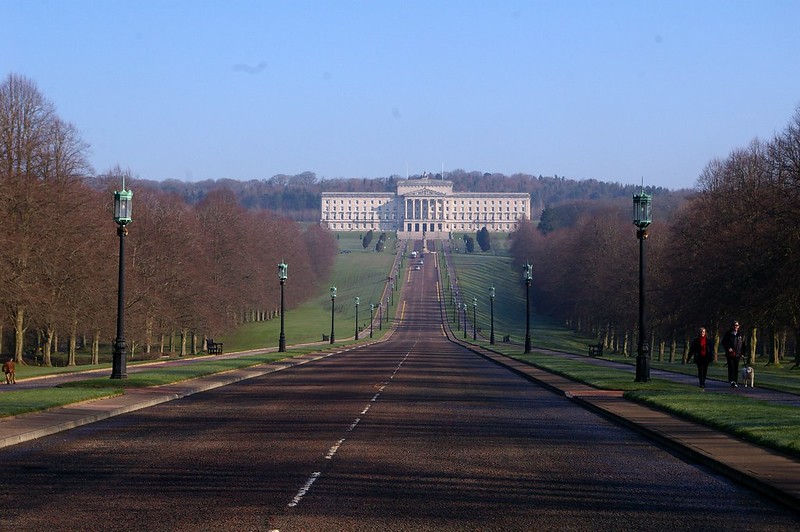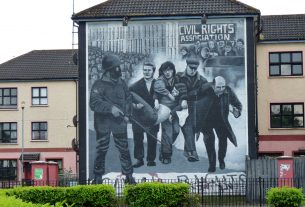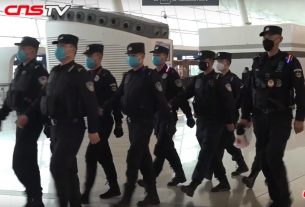In an attempt to break the deadlock and end the political vacuum in Northern Ireland, Stormont talks resumed on Monday. Yesterday, new Northern Ireland MPs took their seats in the House of Commons with both the DUP and Sinn Fein giving way to middle-ground MPs from the Alliance Party and the SDLP.
The Northern Ireland Secretary and the British and Irish Governments have urged the parties to broker a deal that would allow the resumption of business in Stormont. The political stalemate has crippled institutions in health and education in particular. Commentators believe that the loss of support for both Sinn Fein and especially the DUP indicates that the people of Northern Ireland are tired of polarizing politics.
UK election results change NI political landscape
The DUP’s dominance no longer exists. The party lost two seats, one to Sinn Fein and one to the Alliance Party. Sinn Fein retained its seven seats, losing out heavily against the SDLP in Foyle while gaining Nigel Dodd’s seat in North Belfast. The partial collapse in the DUP and Sinn Fein vote has cleared the way for the Alliance Party and the SDLP. The electorate appears equally as frustrated with Sinn Fein’s abstentionism in Westminster as with the DUP’s ill-played hand when partnering with the previous Tory government.
Now, for the first time, more nationalist MPs are representing NI in Westminster than unionists. This may have a variety of consequences, not least when it comes to Brexit. A border in the Irish Sea is highly likely, and the possibility of a unification referendum has increased.
Speaking to his supporters after suffering his election defeat, Nigel Dodds vowed to continue his work to ensure the integrity of the Union. He urged parties to restore the Stormont government saying
“it’s important that the Northern Ireland Assembly is up and running as quick as possible”, so that Northen Ireland politicians can have a role to play in Brexit negotiations.
Stormont talks update
On Monday and Tuesday, the parties met to find a way forward, and today, the UK and Irish governments hold round-table talks. Today’s nurses’ strike brings into sharp focus the power vacuum left in Northern Ireland since the collapse of the assembly in January 2017.
Minister for Foreign Affairs, Simon Coveney, vowed to “work night and day” with the parties to restore the devolved Government. Both Leo Varadkar and Boris Johnson pledged likewise and the DUP and Sinn Fein, whom many believe, are at the centre of the stalemate, expressed a degree of optimism. The DUP went as far as to say that they “don’t have any red lines.”
During previous talks, same-sex-marriage and Irish language rights were the main stumbling blocks. Now that legislation to allow same-sex marriage has been introduced via Westminster, the Irish language rights may be the last remaining obstacle to power restoration. The parties have until 13 January to reach an agreement after which the Northern Ireland Secretary, Julian Smith, is likely to call a snap assembly election.




